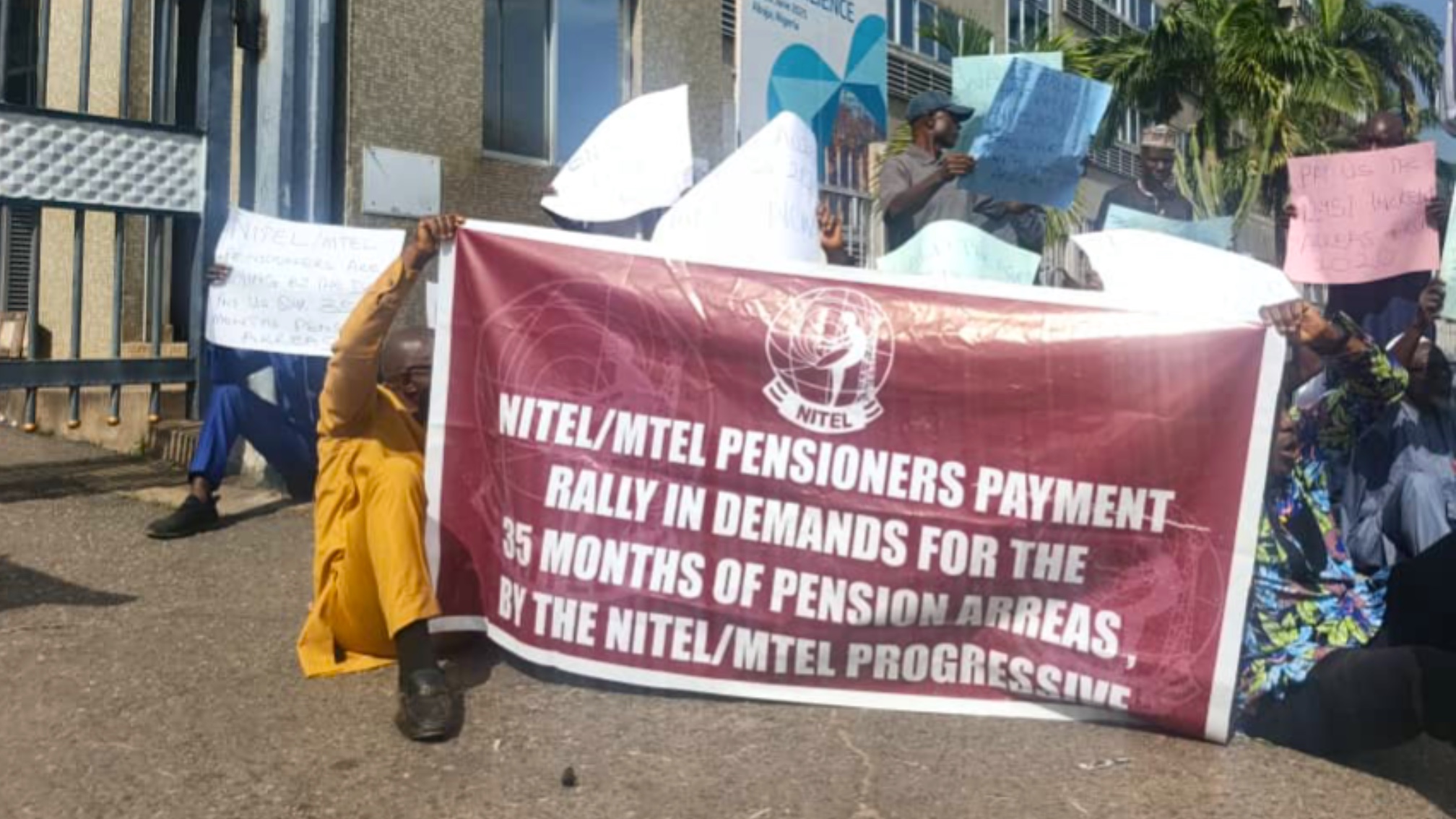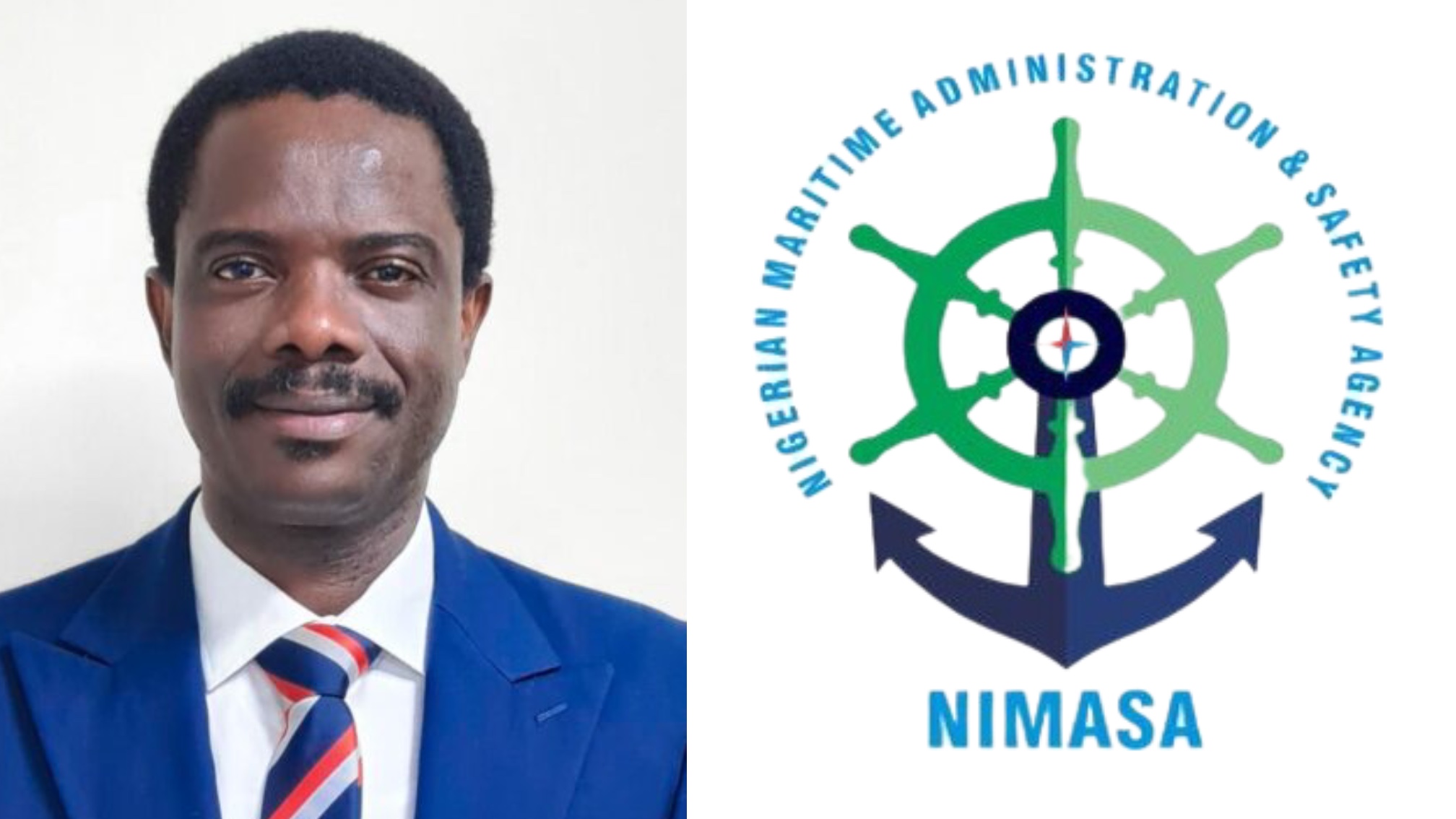
The Nigerian Maritime Administration and Safety Agency (NIMASA) has launched a new Maritime Labour e-Platform and unveiled the 2025 Stevedoring Regulations, marking a significant shift towards stricter labour compliance, digitalised worker registration and tougher penalties for employers who violate maritime labour laws.
The platform — designed to automate seafarer and dockworker registration, service delivery and biometric ID issuance — was introduced during a stakeholders’ sensitisation and pilot test held over the weekend in Lagos.
NIMASA’s Director of Maritime Labour Services, Mr. Ibrahim Sidi, said the system would officially go live in January 2026 and was expected to transform labour administration across Nigeria’s ports, terminals and jetties.
“The e-platform is a digital solution that creates a robust and integrated system for maritime labour data,” Mr. Sidi said. “It will greatly improve automation, service delivery and regulatory oversight.”
He explained that the platform would eliminate manual documentation, reduce delays and strengthen compliance with the Maritime Labour Convention (MLC) 2006 and Nigeria’s labour laws. As part of the pilot phase, dockworkers participated in biometric ID test-runs — one of the key features intended to establish a more transparent and traceable workforce system.
New stevedoring regulations tighten employer obligations
During a presentation on the 2025 Stevedoring Regulations, NIMASA’s Director of Legal Services, Mr. Heaky Dimowo — represented by Mr. Lotachukwu Eze — said the updated rules were central to improving labour conditions and strengthening oversight across all maritime work locations.
“The primary objective of these regulations is to register, supervise and regulate all persons and entities engaged in stevedoring activities across Nigeria,” he said. “Only registered companies certified by NIMASA can legally engage in dock work.”
He noted that companies must apply for registration, pay prescribed fees and undergo cargo-handling and equipment assessments before being licensed.
Mr. Dimowo said employers were now mandated to provide safe working conditions, maintain handling equipment, ensure proper supervision, comply with wage and welfare laws, and maintain mandatory public-liability and worker-fatality insurance.
He added that NIMASA may appoint independent experts to audit equipment safety — with the associated costs borne by employers — saying the move would help enforce “the strictest operational standards.”
The regulations require employers to provide personal protective equipment (PPE) and enforce its usage. Companies must maintain Safety, Health, Environment and Quality (SHEQ) programmes; prevent cargo or container spillage into the waters; and submit periodic risk-assessment reports.
Employers must also retain qualified personnel, including firefighters, equipment operators, hazardous-cargo handlers and safety officers.
Mr. Dimowo outlined violations that could lead to licence suspension or revocation, including failure to pay regulatory fees, obstruction of dock work, submission of false documents and practices deemed harmful to national interest.
He stressed that compliance was a shared duty, adding: “You have a duty to report any misconduct requiring regulatory intervention, and the agency will act accordingly.”
Penalties up to ₦15 million for worker-related infractions
The 2025 regulations introduce harsher sanctions for labour violations, including:
- ₦100,000 for engaging in dock work without registration
- ₦1 million for employing unregistered dockworkers
- ₦5 million for operating as an unregistered stevedoring employer
- ₦15 million for failing to remit the statutory 0.5% levy
- ₦5 million plus ₦500,000 daily for terminals refusing to engage registered stevedores
NIMASA also reaffirmed its role in labour-dispute resolution.
“NIMASA will mediate labour disputes, while unresolved cases fall under the exclusive jurisdiction of the National Industrial Court of Nigeria,” Mr. Dimowo said.
Industry stakeholders at the sensitisation session commended the simultaneous push for digital transformation and stronger regulation, describing the measures as timely for worker welfare in Nigeria’s maritime sector.
With the forthcoming rollout of the Maritime Labour e-Platform and enforcement of the 2025 Stevedoring Regulations, stakeholders say NIMASA is positioning Nigeria’s maritime labour system for improved safety standards, transparent operations and stronger regulatory oversight — reforms expected to enhance worker welfare, employer compliance and Nigeria’s readiness for an increasingly digital maritime economy.










